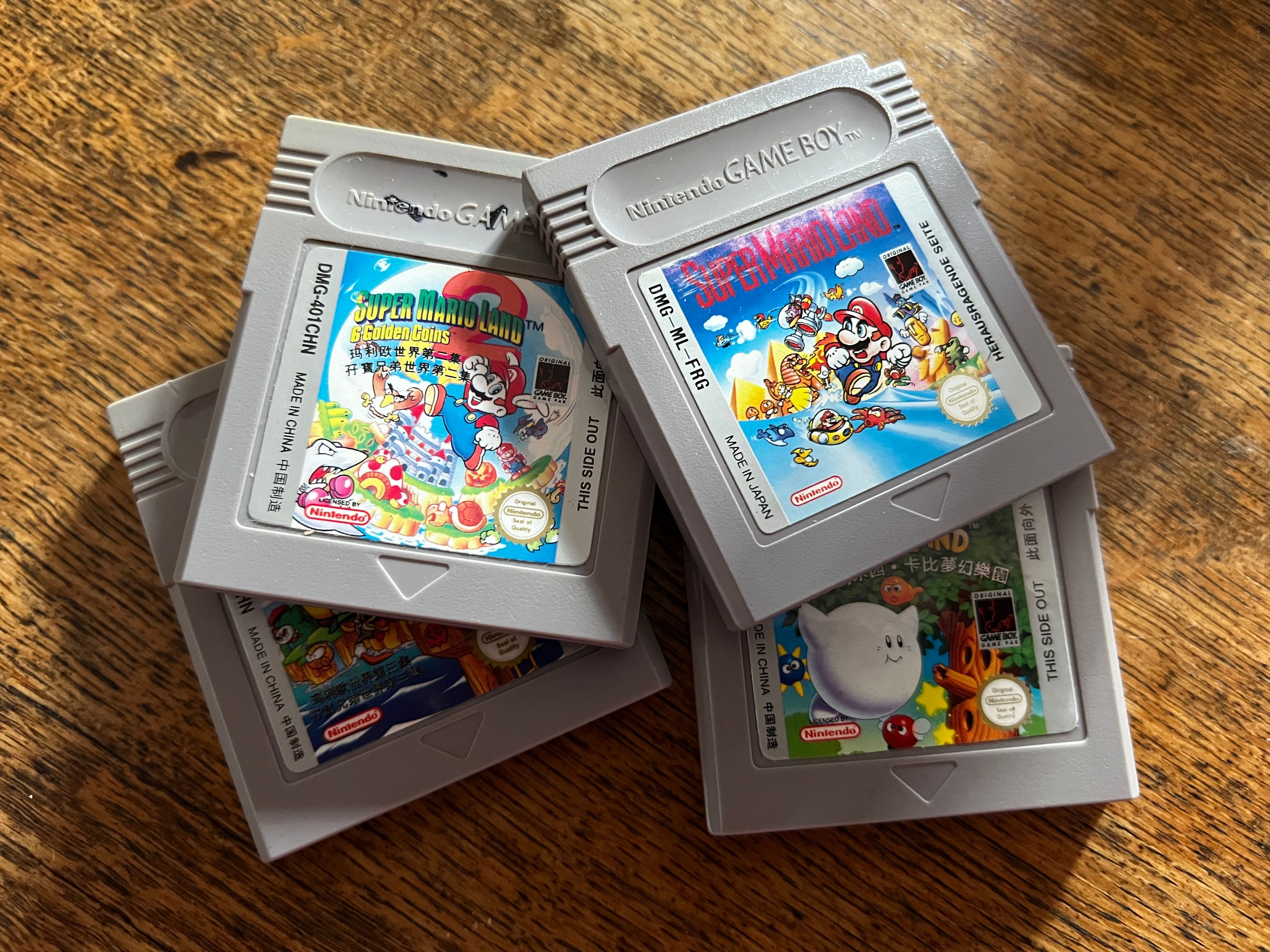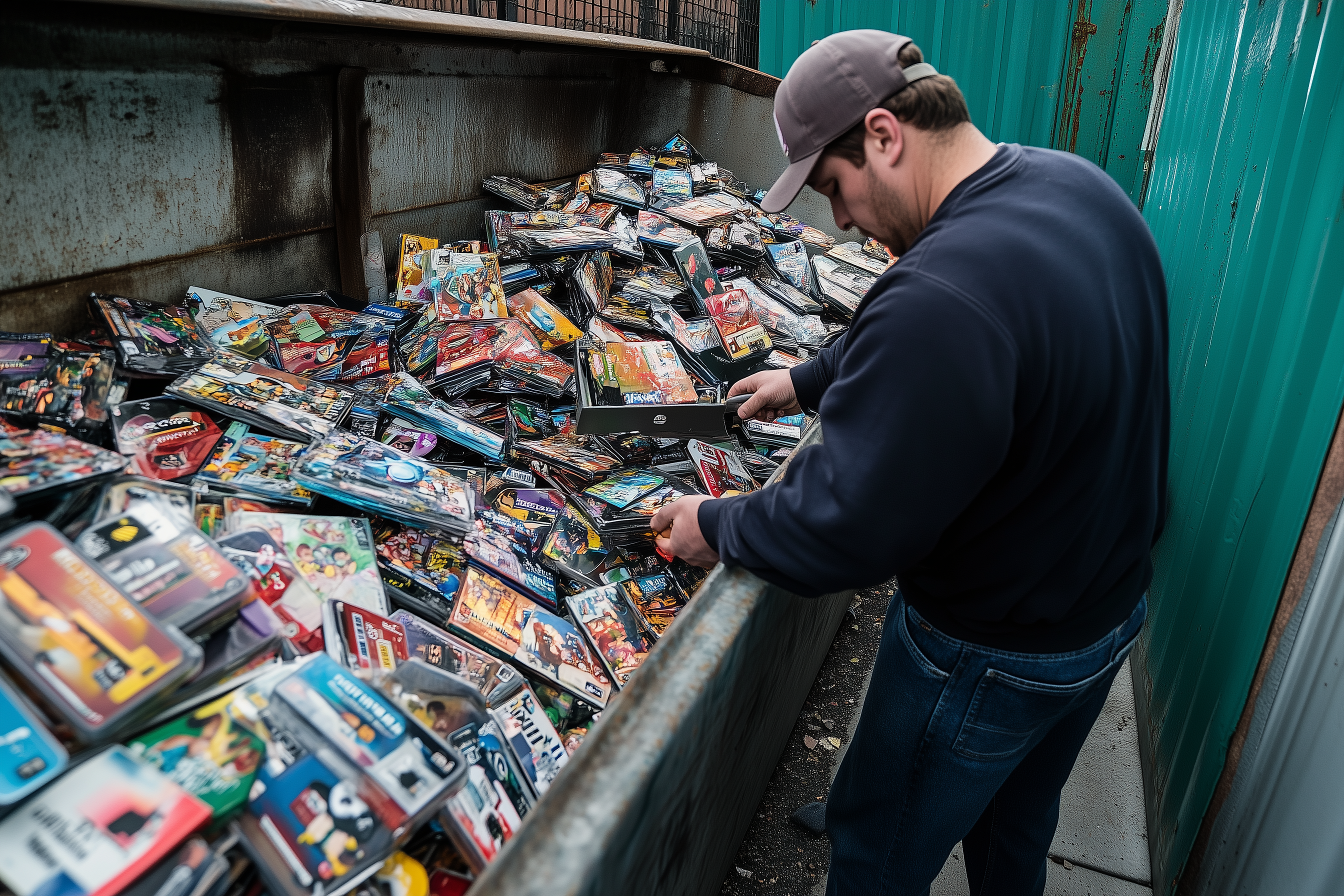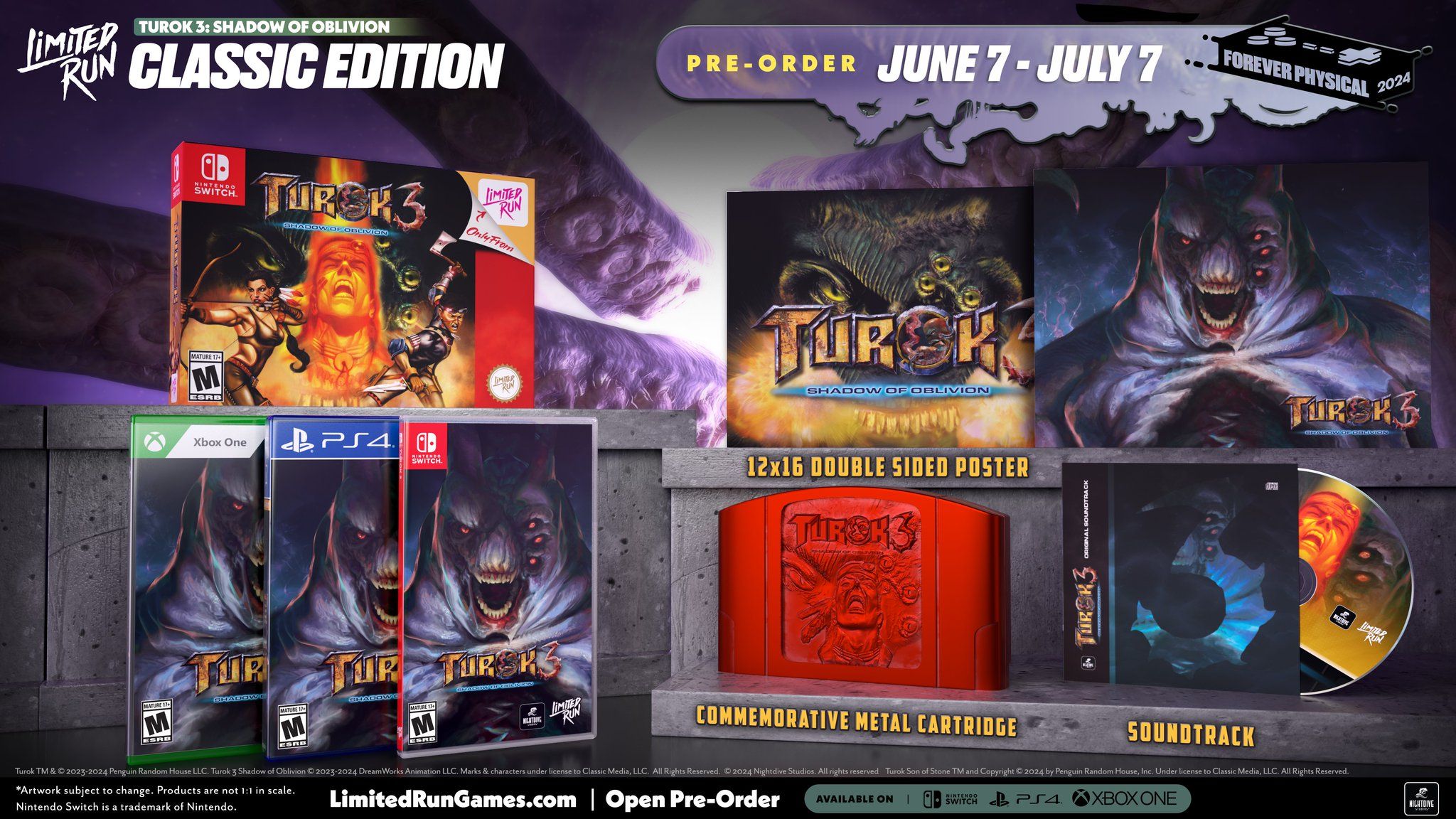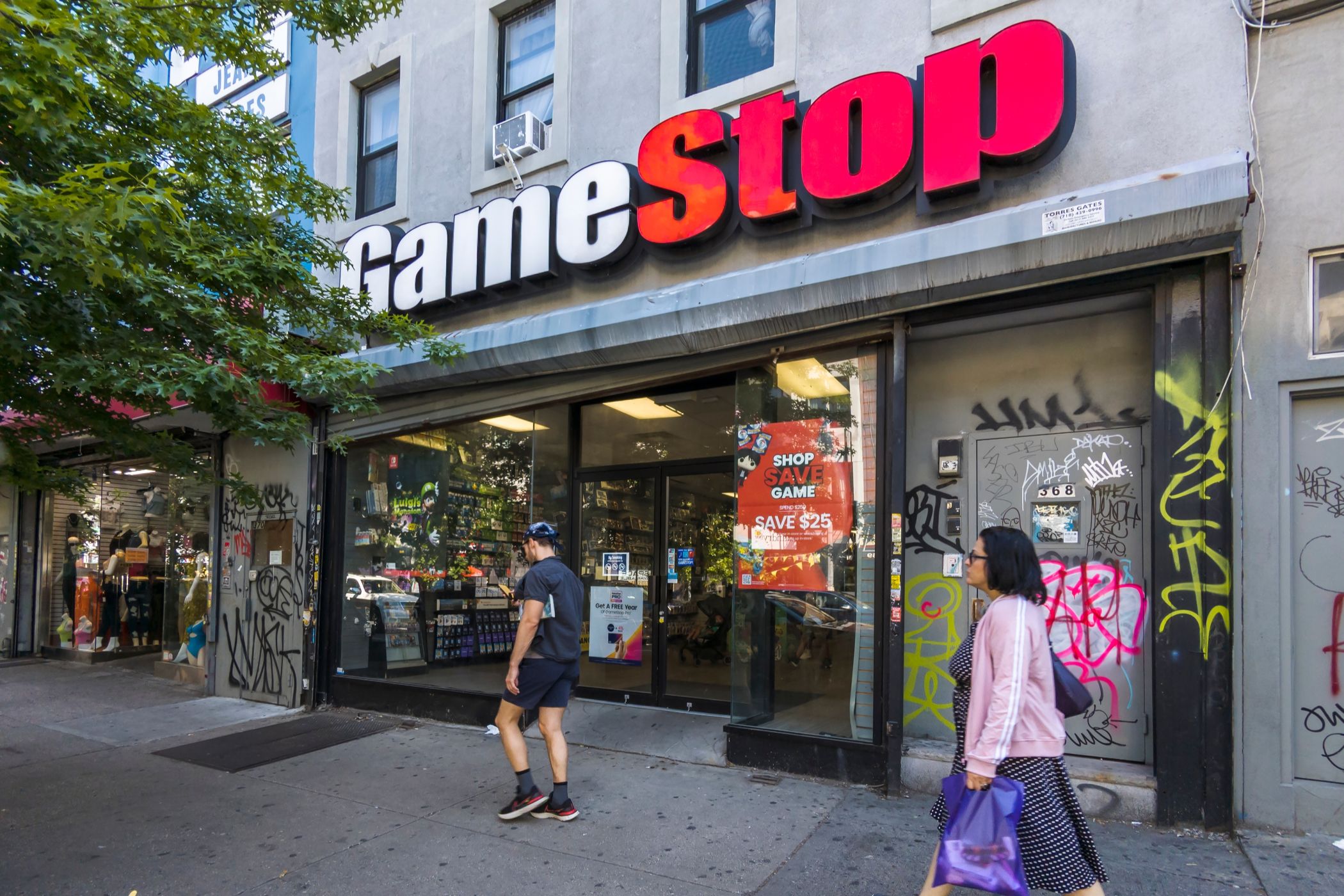Key Takeaways
- Old games are pricier due to resellers, the emergence of game grading to drive up prices, and many older titles being inaccessible on modern hardware.
- This can be a hurdle for anyone who enjoys collecting games for the love of it, and newcomers who want to experience old games in their original form.
- Re-releases, including digital and physical runs, can make games more accessible plus there are still games available for cheap if you know where to look.
Collecting old video games can be a fun hobby but with so many people purely seeking profit by “investing” in retro titles and other items, it’s become pretty expensive. You’ll be hard-pressed to find cheap deals at your local store with retro titles now commanding premium prices.
Old Games Are Skyrocketing in Price
Many old games have seen a massive increase in price in recent years, largely due to people buying all the copies and selling them at inflated prices. While some are priced based on rarity, more often than not it’s more about demand, as even games that are easy to find can be expensive because they’re popular.
The unfortunate side effect of this is that, for those looking to grow their collection of games for older consoles, grabbing some of the more critical titles can be unfairly pricey. Games that would normally have sold for a reasonable price back in the day at places like GameStop or retro game stores are being sold for practically full price and sometimes more.
Many people just want to make a quick buck. Resellers like to take advantage of the demand for older games, especially ones not available on modern hardware, and create an artificial scarcity that drives up the prices.
Grading Companies Turn Old Games Into Investments
Within the last decade or so, grading companies like Wata have entered the gaming market as well, assigning “scores” to old games based on their condition. This is similar to how comic books and baseball cards are graded, and depending on the score, it can severely inflate the price.
The metrics for a score at these companies are usually based on visible damage, whether the original packaging is still intact, and how complete the game is.
While this may seem like a good way to measure the value of older games, it also turns collecting games into more of an investment opportunity than a hobby. It encourages people to buy old games to grade and resell them rather than collect or play them, making them less accessible to many fans.
Finding Secondhand Games Is Less Common
It used to be that going to secondhand stores or retro shops was a great way to find cheap old video games, but since “investors” began taking over the market, it’s become much less likely.
While you can still find some games on the shelves in places like thrift shops, they tend to be titles like outdated annual sports games or shovelware rather than titles that people actually want to play. Since game collecting started becoming more profit-oriented, it’s become harder to find worthwhile games in thrift stores or at garage sales as people would sell them for profit than donate or shift them quickly.
Good Luck With Limited Editions
Resellers and scalpers can already make it hard to find new consoles like the PS5 Pro, but with limited edition releases, like the PS5 Pro Anniversary Collection, it gets even trickier.
Limited releases or collectors’ editions of games are prime fodder for resellers, as the items are usually one of a kind and therefore likely to sell for a lot more. Despite being labeled as items meant for collectors, the scarcity often means scalpers buy them up and make it harder for the intended crowds to get them.
Lack of Access Doesn’t Help
Perhaps one of the biggest issues surrounding game collecting as an investment is that it makes a lot of games much harder for newer fans to play via legal means. Many titles have never received modern ports and are stuck on old hardware, leaving physical copies on the original systems as the only way to play them legitimately.
Unfortunately, many resellers are also aware of this, and it ends up making it harder for average players to get their hands on them. In some cases, they even sell for more than they did when they were first released especially if they aren’t available in any other form.
Sometimes, this issue can be lessened if a game is available on digital markets like the PlayStation Store, but this is never a guarantee, especially with delisted titles.
Retro Re-Releases Can Really Help
Re-releases of old games, whether it’s digital, a limited physical run, or any other format, can help make collections easier to complete and even drive prices back down.
Retro collections like Evercade and mini consoles like the Sega Genesis or Super Nintendo Classic systems are a fun alternative if you can’t get your hands on original copies. Some companies, like Limited Run Games, help bring retro games to modern hardware with physical releases and even release new copies for retro consoles.
On the digital side of things, GOG is a great source of old video games, as they sell a ton of classic games that aren’t available anywhere else, often incredibly cheaply. This can help make the games more accessible to modern audiences on PC and even the Steam Deck, giving fans a much simpler way to experience these titles.
In some instances, game re-releases can also disrupt the reseller market as it often thrives on inaccessibility. When games are no longer difficult to come by for modern players, it can sometimes make the demand for the original copies much smaller, which can lead to a deflation in price.
You Can Get Lucky if You Know Where to Look
Fortunately, for those looking to pad out their game collections, there are ways to find older copies that don’t break the bank. While thrift stores are sometimes a long shot, if you can find the right ones, especially locally-owned places, you might get lucky and strike gold.
Additionally, flea markets and yard or garage sales are common spots for people looking to get rid of their old things at reasonable prices. You can often find local sellers on places like Facebook Marketplace or regional community groups.
As a last resort, you might get lucky at your local GameStop, as the company has had a recent resurgence in the retro market. However, their games might follow the same pricing trends as online sellers, so it’s up to you to decide if it’s worth the convenience.
Looking for people selling games in large bundles or lots is also a good idea since you can often get a lot of games for a single price and then pick and choose the ones you want to keep. This also allows you to resell the ones you don’t want and put the extra money toward growing your collection further.
Old games have become a huge commodity in recent years, but hope is not lost for those looking to grow their libraries. You may be on a tight budget or simply don’t want to spend a lot of money on things that should be a lot cheaper, and with a little patience and determination, you may not have to.








